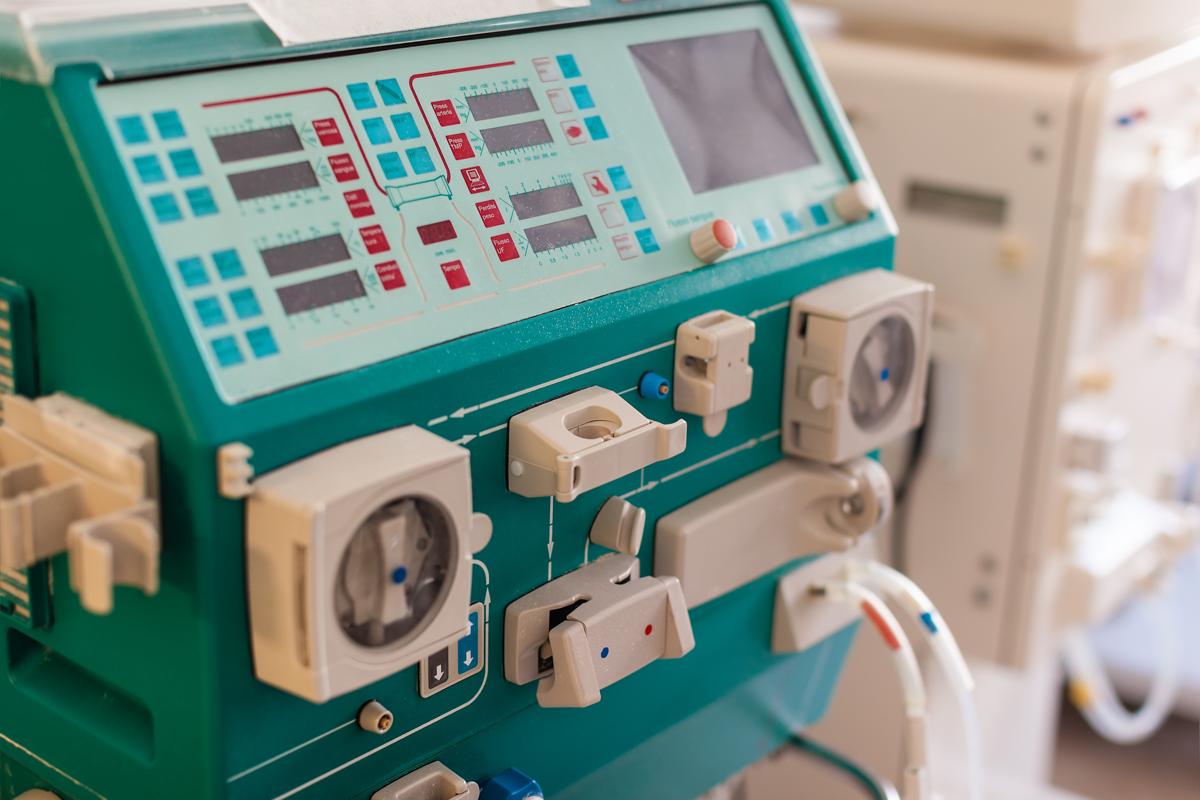
With increasing competition in the field, many employers choose to hire dialysis technicians who have earned a certification, or a license, to practice as a professional dialysis technician. This article shares some insights on dialysis technician certification.
The importance of dialysis technician certification is increasing day by day as the demand for trained and experienced dialysis technicians is increasing in the health care industry. There are employers who hire candidates without a certification as well, but having a certification adds to the credibility of the candidate’s education, knowledge, and experience, which in turn, increases ones chances of getting good job opportunities that pay significantly more than the average industry standards. So, if you too wish to become a certified dialysis technician, then read the following content.
What Do Dialysis Technicians Do?
The job description of dialysis technician essentially consists of working with kidney patients and machines used for dialysis. Their primary job is to operate dialyzers, medical machines used for removing the excess fluids, salts, and wastes from the blood of the patients suffering from kidney failures or various other kidney disorders. So, a dialysis technician must be knowledgeable and proficient in dialysis procedures along with some basic knowledge about various kidney diseases.
In some cases, a dialysis technician is also expected to prepare reports of the patients and maintain the progress records of patients and hence, a professional must also possess good written communication skills. Good verbal communication skills are also a must for a dialysis technician as he or she also has to respond to the emotional as well physical needs of patients undergoing dialysis.
Requirements for Dialysis Technician Certification
According to experts, the moral and responsible behavior and attitude needed for any job stems from knowledge and education and hence, it is must for every aspiring individual to take up formal education and certification. Therefore, dialysis technician certification serves the same purpose. Apart from this, the certification is one of the ways of standardizing the norms of patient care and safety from all the dialysis technician professionals. Many employers now ask for certification to be assured of the knowledge and experience of the candidate.
There are three organizations from where you can earn a certification; those organizations are, Board of Nephrology Examiners Nursing and Technology, National Nephrology Certification Organization, and The Nephrology Certification Organization. A candidate applying for dialysis technician certification must have completed his/her high school diploma and must have one year full-time experience in dialysis patient care, or a completed a dialysis course from an accredited institute, school, or university. If the person does not have a high school diploma, he should at least have some equivalent qualification.
To get the certification, you have to appear for the dialysis technician certification test, where you have to showcase your expertise and knowledge. For more details about the certification test, you can visit the official websites of aforementioned organizations which regulate and monitor the certification process. Possessing a certification increases you chances of getting a job with more than average salary and the average salary of a dialysis technician is around $30,000 per year. This certification also needs to be updated or renewed every four years in most of the states.
In any case, you must team up your certification with excellent performance in your work and your dedication to help unwell people, which ultimately graces you with immense job satisfaction. For better career opportunities it is advisable to plan your career from the school days itself.
When it comes to dialysis technician, studying science, going through the formal education, taking up professional courses, and undergoing dialysis technician training, helps one in the long to run to develop job related skills and aptitude towards health care. Many career counselors advice to undertake certification exams only when the candidate completes all the educational courses, or has minimum four years of experience in the relevant field.
So if you think you ‘have it in you’ then, start planning your career as a dialysis technician from today to have a successful career. And since you know how to obtain the certification you have better job prospects to explore in the future.
